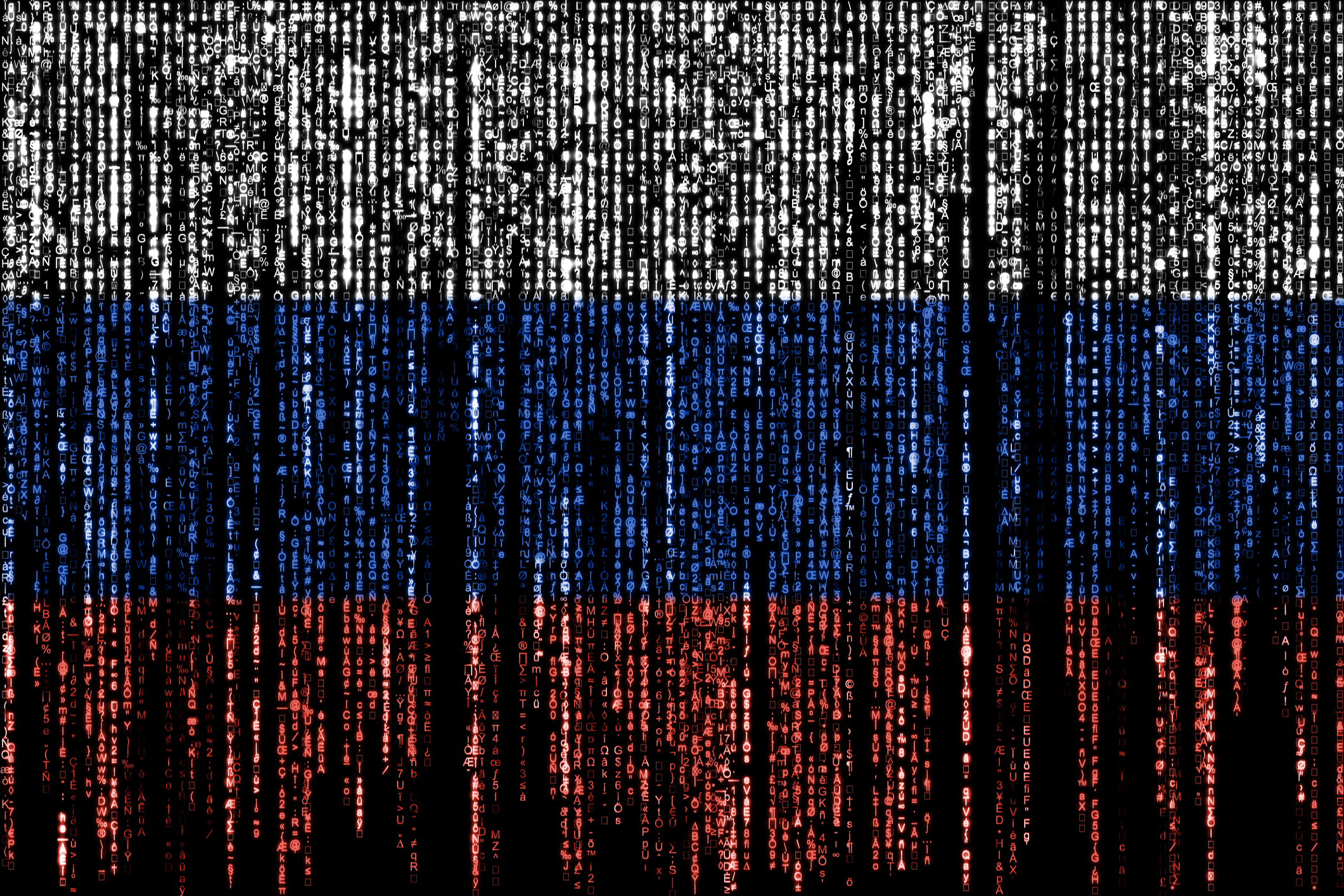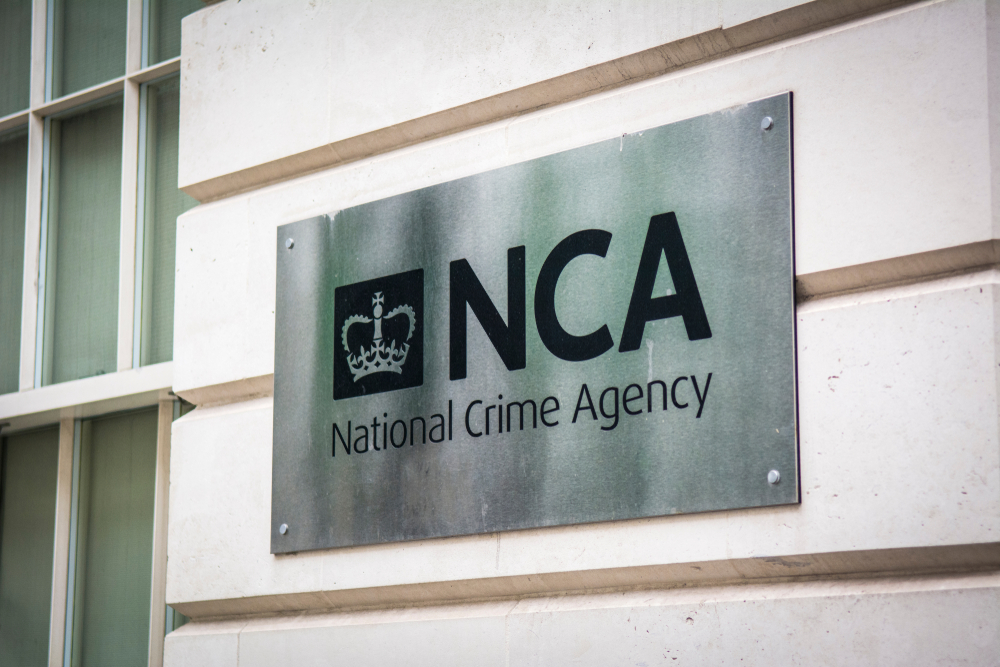Russian hackers declare war on 10 countries after failed Eurovision DDoS attack
Italian police thwart cyber attacks on Eurovision's voting systems from the Russian-linked hacker group Killnet after the same group targeted public sector institutions days earlier


Russian-linked hackers have claimed to have disrupted the infrastructure of Italy’s State Police anti-cyber crime arm after it thwarted hacking attempts on the Eurovision Song Contest.
Hackers from the Killnet group announced in the early hours of Monday morning that claims made by Italian State Police referred to the disruption of cyber attacks over the weekend were false.
In the same announcement, Killnet also “declared war” on 10 countries, including the “deceitful police of Italy”, and appeared to mock the authority, claiming Killnet was responsible for the seemingly offline website of the police’s cyber department.
The website of Italy’s anti-cyber crime organisation, Cnaipic, was involved in the prevention of Russian-linked hacking attempts on the Eurovision song contest’s voting systems, Italian State Police said, and at the time of writing, its website also appears to be down.
Cnaipic assigned officers to work 24 hours a day in a unit dedicated to protecting Eurovision’s infrastructure which was ultimately attacked by the Russian-linked Killnet and Legion hacking groups.
Italian State Police confirmed its response on Sunday, saying they were able to “neutralise and repel the attacks”.
“Various computer attacks of a DDoS were nature directed at network infrastructure during the voting operations and the singing performance were mitigated in collaboration with the ICT Rai and Eurovision TV management,” said the State Police, as reported by ANSA. “Identified by the Cnaipic of the Postal Police, numerous 'PC-zombies' were used for the cyber attack.”
Get the ITPro daily newsletter
Sign up today and you will receive a free copy of our Future Focus 2025 report - the leading guidance on AI, cybersecurity and other IT challenges as per 700+ senior executives
This year’s Eurovision Song Contest was held in Turin, Italy and saw Kalush Orchestra from Ukraine was crowned the champion after many predicted the country to win following Russia’s invasion.
Authorities said the distributed denial of service (DDoS) attacks were prevented during the competition’s grand final and during the final voting stages.
State Police also said they scoured the hacking groups’ associated Telegram channels to glean intelligence that led to the prevention of other incidents and the identification of the hackers’ location.
Sustained Killnet attacks
Days before the Eurovision Song Contest, Italian authorities reported, via ANSA, that the same Killnet hackers had targeted the websites of the Italian National Health Institute and Automobile Club d'Italia, a national drivers' association.
The Italian senate’s website was also targeted in the attack which saw hackers take down web pages for roughly an hour.
Italian senate speaker Elisabetta Casellati said via Twitter that no damage was sustained from the attack on the senate.
“Thanks to the technicians for the immediate intervention,” she said. “These are serious episodes, which should not be underestimated. We will continue to keep our guard up.”
Killnet has been a group on the watchlist of international cyber crime authorities for some time, with the Five Eyes intelligence alliance previously releasing a joint cyber security advisory naming Killnet as one of the biggest threats to critical infrastructure.
Among other recent attacks, the alliance pointed to a March DDoS attack on Bradley International Airport in Connecticut as previous work carried out by the group which has also released a video pledging support for Russia.

Connor Jones has been at the forefront of global cyber security news coverage for the past few years, breaking developments on major stories such as LockBit’s ransomware attack on Royal Mail International, and many others. He has also made sporadic appearances on the ITPro Podcast discussing topics from home desk setups all the way to hacking systems using prosthetic limbs. He has a master’s degree in Magazine Journalism from the University of Sheffield, and has previously written for the likes of Red Bull Esports and UNILAD tech during his career that started in 2015.
-
 Bigger salaries, more burnout: Is the CISO role in crisis?
Bigger salaries, more burnout: Is the CISO role in crisis?In-depth CISOs are more stressed than ever before – but why is this and what can be done?
By Kate O'Flaherty Published
-
 Cheap cyber crime kits can be bought on the dark web for less than $25
Cheap cyber crime kits can be bought on the dark web for less than $25News Research from NordVPN shows phishing kits are now widely available on the dark web and via messaging apps like Telegram, and are often selling for less than $25.
By Emma Woollacott Published
-
 UK crime fighters wrangle “several thousand” potential cyber criminals in DDoS-for-hire honeypot
UK crime fighters wrangle “several thousand” potential cyber criminals in DDoS-for-hire honeypotNews The sting follows a recent crackdown on DDoS-for-hire services globally
By Ross Kelly Published
-
 US begins seizure of 48 DDoS-for-hire services following global investigation
US begins seizure of 48 DDoS-for-hire services following global investigationNews Six people have been arrested who allegedly oversaw computer attacks launched using booters
By Zach Marzouk Published
-
 Will triple extortion ransomware truly take off?
Will triple extortion ransomware truly take off?In-depth Operators are now launching attacks with three extortion layers, but there are limitations to this model
By Connor Jones Published
-
 GoDaddy web hosting review
GoDaddy web hosting reviewReviews GoDaddy web hosting is backed by competitive prices and a beginner-friendly dashboard, and while popular, beware of hidden prices
By Daniel Blechynden Published
-
 Japan investigates potential Russian Killnet cyber attacks
Japan investigates potential Russian Killnet cyber attacksNews The hacker group has said it’s revolting against the country’s militarism and that it’s “kicking the samurai”
By Zach Marzouk Published
-
 LockBit hacking group to be 'more aggressive' after falling victim to large-scale DDoS attack
LockBit hacking group to be 'more aggressive' after falling victim to large-scale DDoS attackNews The ransomware group is currently embroiled in a battle after it leaked data belonging to cyber security company Entrust
By Connor Jones Published
-
 Record for the largest ever HTTPS DDoS attack smashed once again
Record for the largest ever HTTPS DDoS attack smashed once againNews The DDoS attack lasted 69 minutes and surpassed the previous record of 26 million RPS
By Praharsha Anand Published
-
 Cloudflare unveils new One Partner Program with zero trust at its core
Cloudflare unveils new One Partner Program with zero trust at its coreNews Cloudflare CEO Matthew Prince says the initiative aims to take the complexity out of zero trust architecture
By Daniel Todd Published